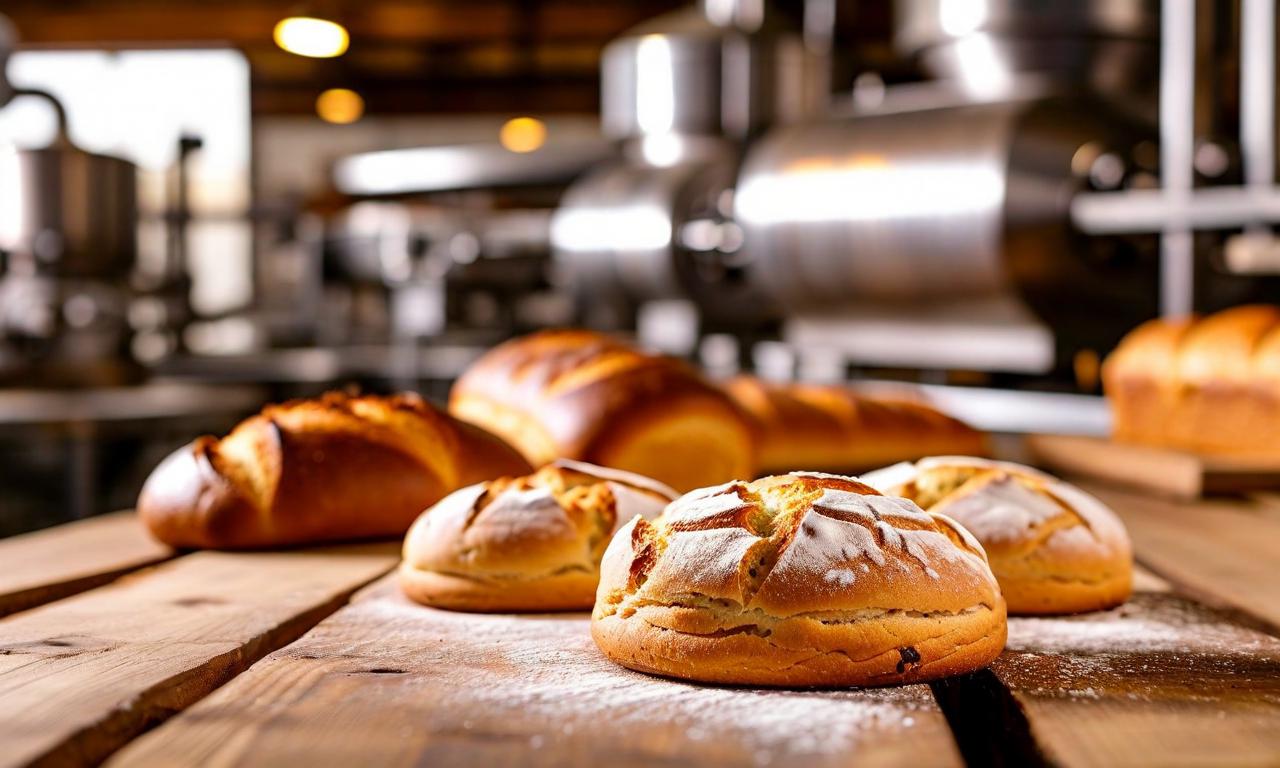Britannia Aims for 50% Rural Sales Share in 3-4 Years Through Strategic Expansion
Britannia Industries plans to increase its rural sales contribution from 40% to 50% of domestic sales within 3-4 years. The company has already seen a shift in urban-rural sales ratio from 75-25 to 60-40. To achieve this goal, Britannia is expanding its direct distribution network, aiming to add 100,000 new retail outlets annually. The strategy is driven by growing aspirational buying trends in rural areas. Urban areas show high single-digit growth, while e-commerce accounts for only 4% of total revenue.

*this image is generated using AI for illustrative purposes only.
Britannia Industries , a leading Indian food products corporation, is setting its sights on significant rural market expansion over the next few years. The company has unveiled ambitious plans to increase its rural sales contribution from the current 40% to 50% of its domestic sales within the next 3-4 years.
Shifting Market Dynamics
Britannia has already witnessed a notable shift in its urban-rural sales split. The company's Managing Director, Varun Berry, revealed that the urban-rural ratio has moved from a previous 75-25 to the current 60-40. This change reflects the rapid growth in rural markets, which outpaced urban areas and demonstrated double-digit growth in the April-June quarter.
Rural Consumer Aspirations
The company's strategy is built on the changing preferences of rural consumers. Berry highlighted the growing aspirational buying trends in rural areas, where consumers are increasingly seeking premium products, including high-quality biscuits and smartphones. This shift in consumer behavior is driving Britannia's focus on rural expansion.
Distribution Strategy
To capitalize on this trend and achieve its rural sales target, Britannia is implementing a robust distribution strategy:
Direct Distribution Expansion: The company aims to reduce its dependence on wholesalers by expanding its direct distribution network. This approach ensures continuous product availability, even in villages with populations under 3,000.
Retail Outlet Reach: Britannia currently has a direct reach to approximately three million retail outlets. The company plans to add 100,000 new outlets annually to further penetrate rural markets.
Urban Market Performance
While the focus is on rural expansion, Britannia reported high single-digit growth in urban areas. However, urban consumption has faced challenges due to rising real estate prices and rentals.
E-commerce and Quick Commerce
Despite the growing digital trends, e-commerce and quick commerce currently account for only 4% of Britannia's total revenue. The vast majority (96%) of the company's sales still come from traditional distribution channels.
Britannia's strategic shift towards rural markets demonstrates the company's adaptability to changing market dynamics and consumer preferences. As it continues to expand its distribution network and tailor its product offerings, the company is well-positioned to capture a larger share of India's growing rural market in the coming years.
Historical Stock Returns for Britannia Industries
| 1 Day | 5 Days | 1 Month | 6 Months | 1 Year | 5 Years |
|---|---|---|---|---|---|
| +2.67% | +2.52% | +0.89% | +11.95% | +22.83% | +76.08% |




































